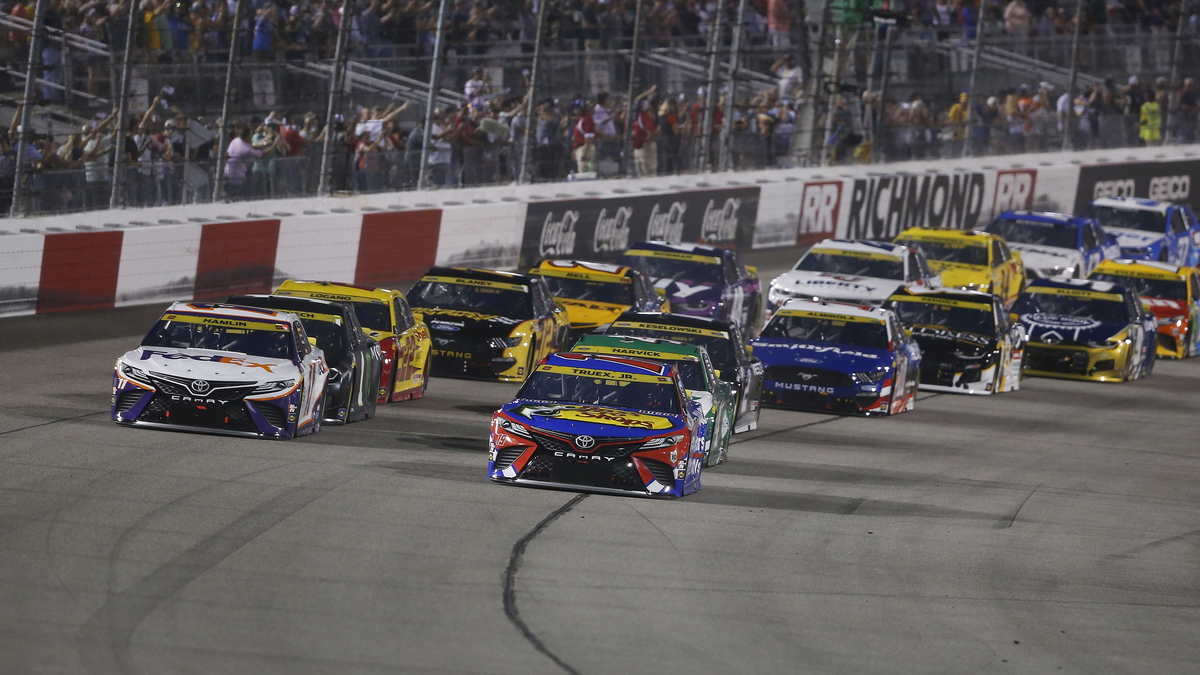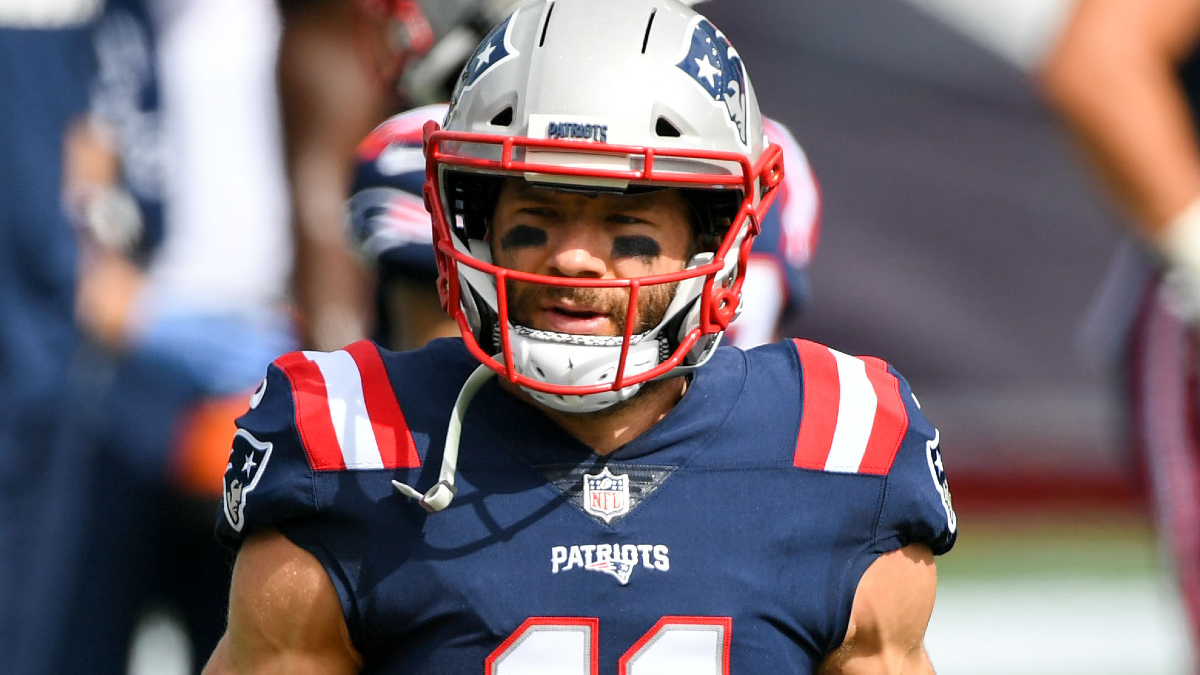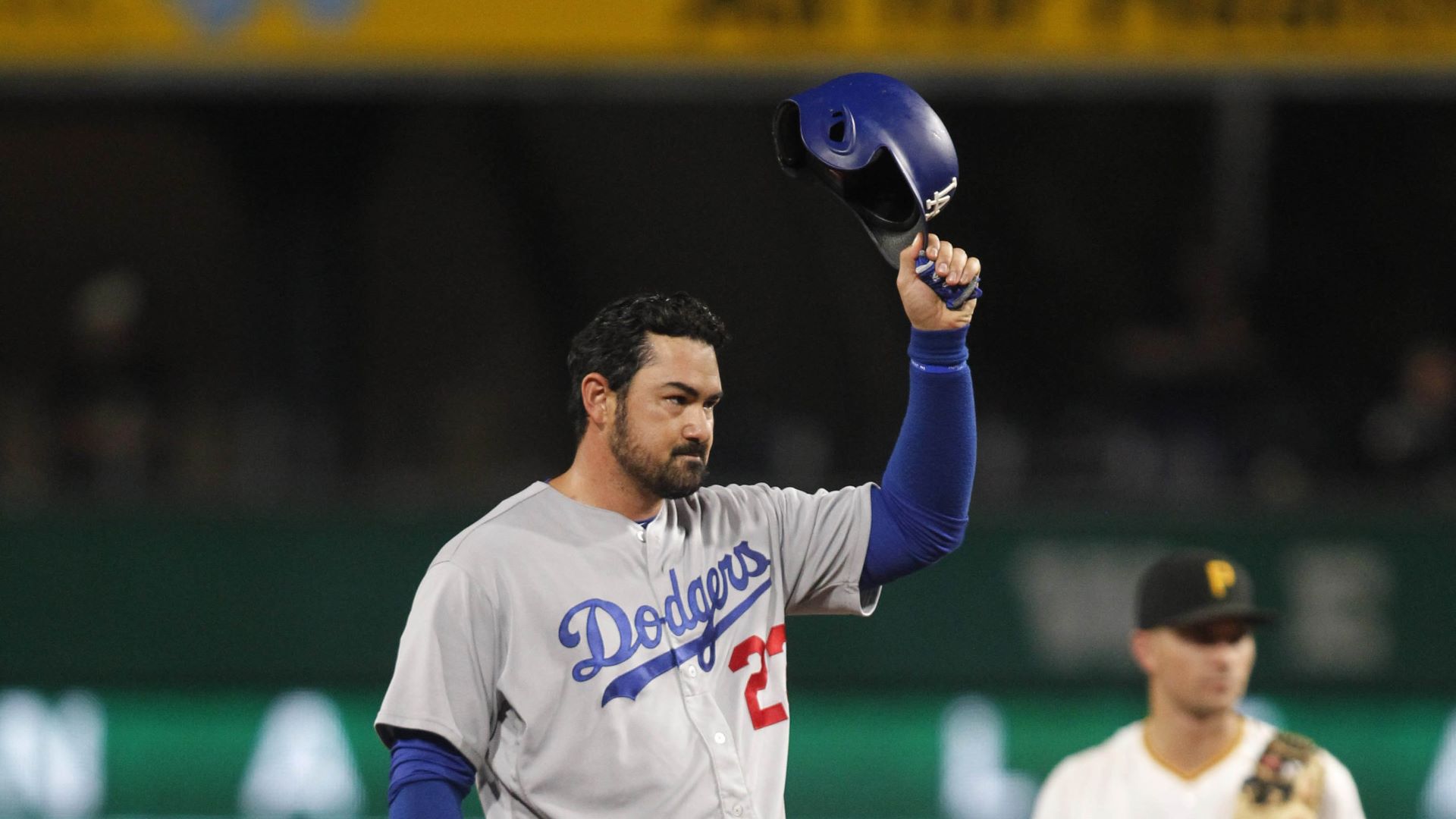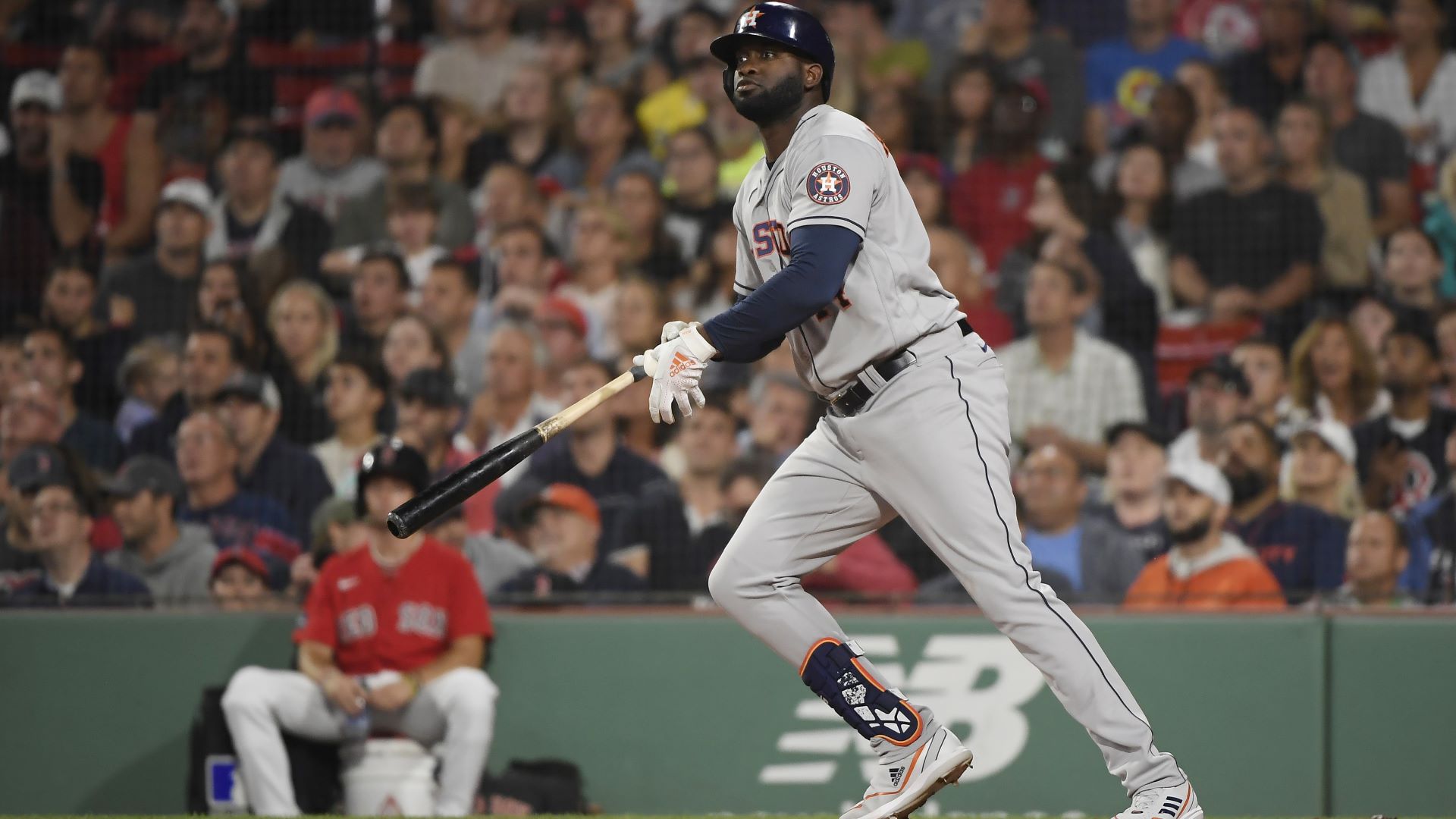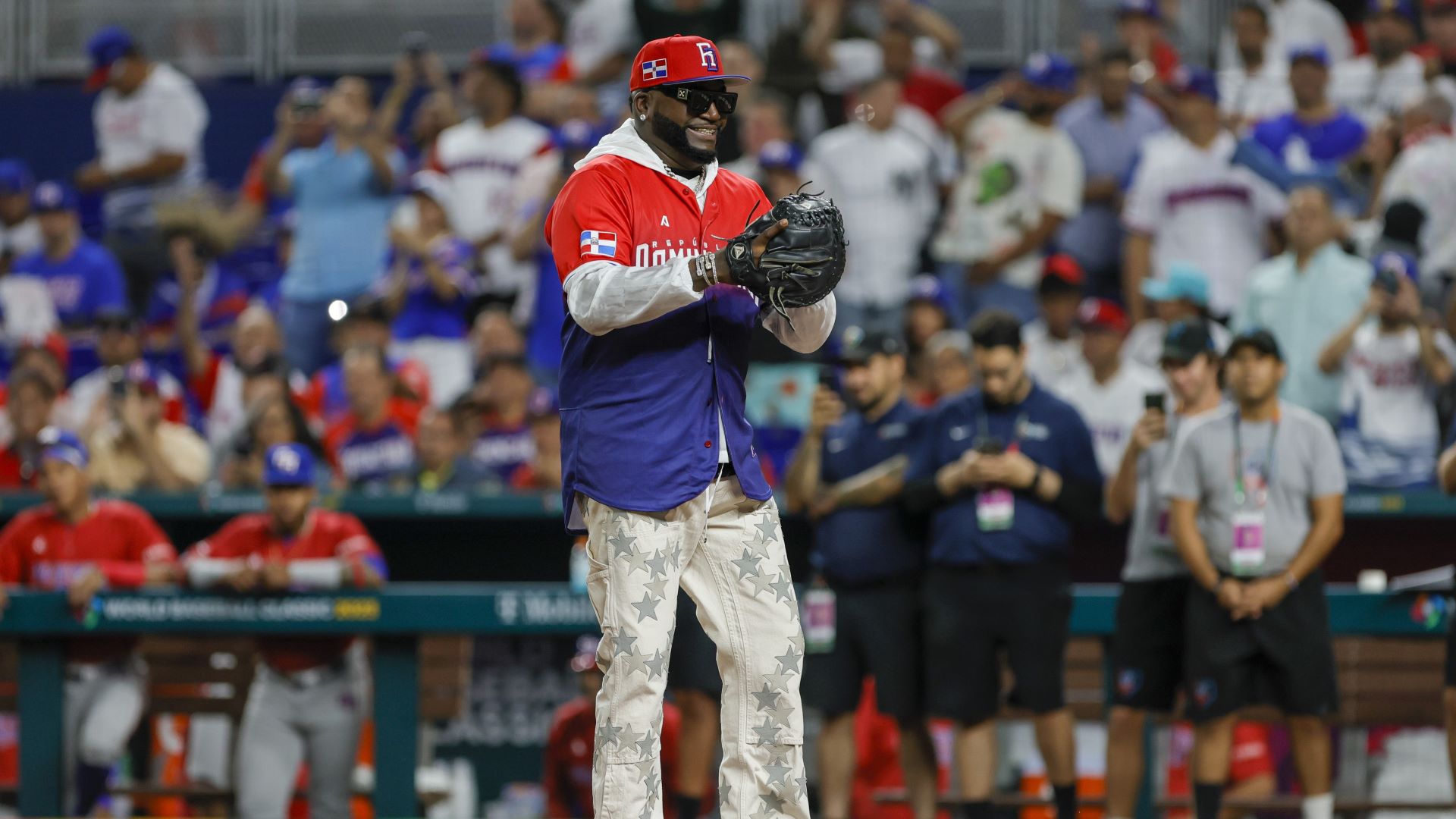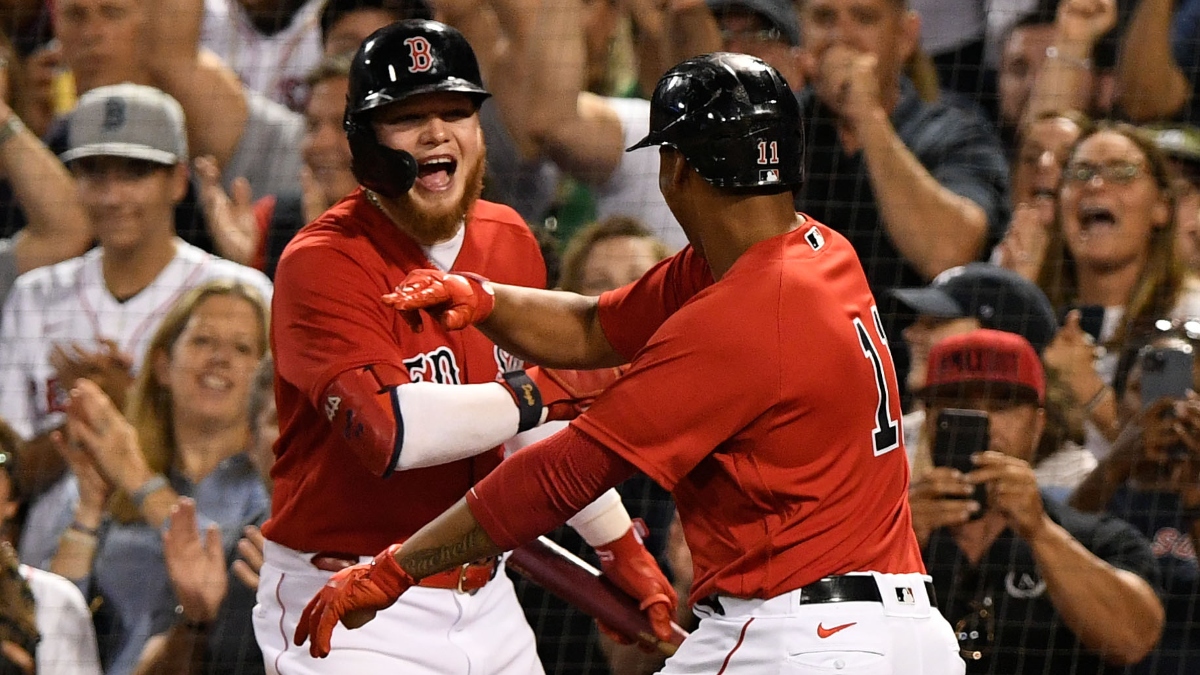Although 2004 has become a magical number for Boston Red Sox fans -- and rightfully so -- the beginning of the end for the team's decades of futility really arrived Nov. 18, 1997.
That was the day Pedro Martinez officially became a member of the Red Sox, and everything everyone knew about the franchise changed.
As NESN, the Red Sox and Major League Baseball embark on recognizing Hispanic Heritage Month beginning Wednesday, the impact of Spanish-speaking players such as Martinez, Manny Ramirez and David Ortiz in remaking the team's culture in the late 1990s and early 2000s can't be overstated. Removing all pretensions of the franchise’s previous struggles and staid disposition, they injected their own individual personalities and life experiences drawn from their Dominican backgrounds to help turn the Red Sox into one of the most successful and interesting pro teams of the early 21st century.
Red Sox history boasts no shortage of heroes. Ted Williams. Carl Yastrzemski. Roger Clemens. All downright dominant in their days and quietly professional, for the most part, on the field.
Yet while they were easy to admire, they weren't always as easy to love.
But Pedro? For many Red Sox fans of all ages and backgrounds, he was the first player they adored. Dominican flags flew in the stands at Fenway Park and reggaeton blared from car windows in Kenmore Square on the days he pitched. He wasn't Boston's first beloved hurler from a Spanish-speaking Caribbean island; Luis Tiant retired 20 years earlier as one of the great clutch pitchers in Red Sox history, after all. But in Martinez, it was as though an entirely new concept had taken hold: Baseball could matter, and also be fun.
The movement Martinez unwittingly started became the new normal with the vaunted signing of Manny Ramirez in 2000 and the less heralded arrival of Ortiz in 2003. Unencumbered with -- or uninterested in -- imagined curses, they stared down Alex Rodriguez and Babe Ruth alike en route to leading the Red Sox to their epic 2004 World Series victory, erasing 86 years of failure.
It seems so fundamental now, in a sport with as many prominent international players as baseball, that players whose names end with "Z" should be integral to a team's success. It's necessary to remember, though, that when the Red Sox traded for Martinez, there was only a single player of recognized Hispanic descent (Tiant) among their top 30 players all-time, as ranked by WAR. (It's since been noted that Ted Williams' mother was of Mexican descent, but he was always considered to be white.) As the last MLB team to integrate, the Red Sox lost out on innumerable great talents of multiple ethnicities, not solely African American ones.
The past is useful and, in a lot of cases, worth celebrating. For the Red Sox, however, the preoccupation with the past mired them in a devastating status quo that lasted a literal lifetime. To be sure, Hispanic players were not explicitly excluded the way Black players had been under Tom Yawkey, but looking at the Red Sox's pre-1990s rosters, it's clear that the opportunity presented by Spanish-speaking players was subconsciously ignored for decades.
Martinez, Ramirez and Ortiz made such ignorance impossible. With a fierceness of purpose combined with a zest for the game few American-born players could match, they challenged the accepted tradition with the Red Sox organization and rewrote the record book in the process.
